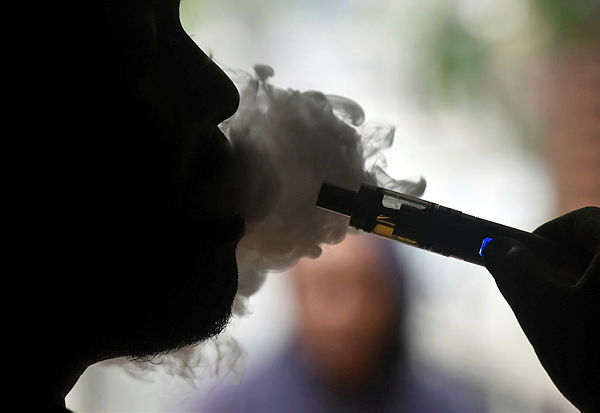KUALA LUMPUR: As more smokers shift to alternatives like e-cigarettes, tobacco companies are calling for the Health Ministry to have clear regulations on such products.
Some industry players are of the view the current Control of Tobacco Product Regulations 2004 (CTPR) does not adequately cover the marketing of e-cigarettes and heated tobacco products (HTP).
Some feel Heat-Not-Burn (HNB) tobacco devices – the most recent alternative smoking option – are actually unregulated by specific tobacco control laws.
Nevertheless, the ministry gave the nod for Philip Morris International (PMI) to market its HNB products, called ‘Heets’ since November last year.
In December, when asked by theSun why packaging for Heets was not required to carry pictorial health warnings, the ministry said it was because they do not come under the classification of a ‘cigarette’.
Heets refills have tobacco rolled in aluminium foil and can only be consumed with a special heating device called IQOS (I quit original smoking).
theSun recently spoke to three major industry players – PMI, British American Tobacco (BAT) and Japan Tobacco International (JTI) – which all have their own HTP.
It was learnt that BAT Malaysia and JT International Malaysia (JTI Malaysia) have put their plans to market their respective HTP on hold due to “confusion and disparity in the law”.
BAT Malaysia managing director Erik Stoel believes there must be a clear regulatory framework established to enable BAT to enter the market with its HNB products.
“We need the implementation of consistent and transparent policies by the government on these potentially reduced risk products (RRP) before we venture into this new category.
“The regulatory framework that the government should put in place must be fair, sensible and enforceable while allowing for innovations and appropriate marketing freedom to legal businesses,“ he said.
Asked if the government has given BAT approval to launch its ‘Glo’ product, Stoel said the company is liasing with the ministry and is awaiting clarification on the regulatory framework.
Meanwhile, JTI Malaysia said there is currently no specific regulatory framework in place to govern HTP or e-cigarette products.
JTI Malaysia managing director Cormac O’Rourke said the only law applicable for tobacco consumption in Malaysia is CTPR.
He said under CTPR, a cigarette is defined as “any product which consists wholly or partly of cut, shredded or manufactured tobacco or of any tobacco derivative or substitute, rolled up in a single or more wrapper of paper, and which is capable of being immediately used for smoking”.
Smoking is defined as “inhaling and expelling the smoke or vapour of any tobacco product and includes the holding of or control over any ignited, heated or vaporised tobacco product”.
“In short, any HNB tobacco product where a tobacco rod is used, falls under the governing requirements of CTPR as a cigarette without any exception,” he said.
“It therefore applies and as it stands today, any HNB tobacco product must adhere to CTPR.”
O’Rourke said the authorities should.









